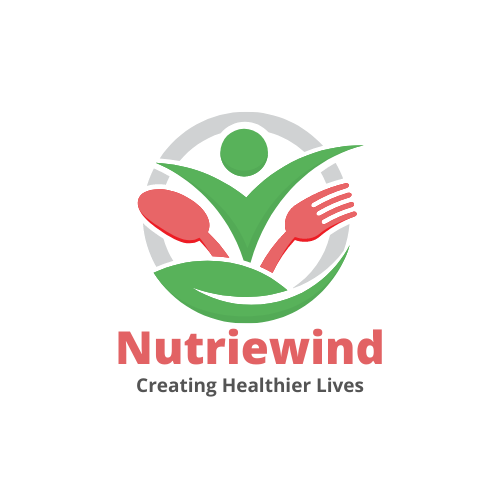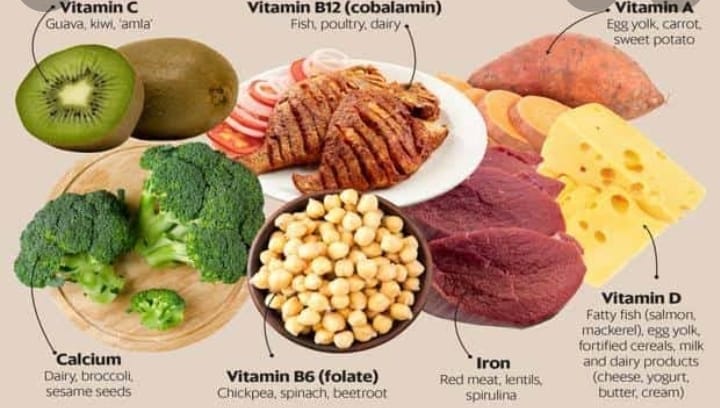Macronutrients:
Macronutrients are the category of nutrients that are required in large amounts for the body.
Macronutrients are very much essential in an athletes day to day life as he/she will require more energy than any sedentary or moderate worker. Most energy should ideally come from carbohydrates as they constitute 4 calories per a gram of carbohydrate. On an average, an athlete should get 45-60% of his daily energy from his source of carbohydrates.
Protein is the most used and misunderstood term when it comes to athletic nutrition as there is this myth that an athlete should consume a lot of protein to gain muscle, to get strength and stay on field for the longest hours possible. As some of it could be true when it is said that protein builds muscle. But any protein if taken in larger amounts than its necessity could have adverse effects on an individual’s health. Ideally an active person like an athlete or any person who exercises regularly should consume around 1.5 to 2 grams of protein per kilo body weight depending upon the category of the activity. One gram of protein yields about 4 calories of energy. Excessive protein consumption would lead to bloating, confusion on field, upset stomach, vomiting sensation, bone mineral loss, dehydration and irritability. In the long term, even kidney disorders would arise.
Healthy sources of macronutrients for a sports person are:
Carbohydrates:
- Bananas
- potato/ sweet potato
- Oats
- Quinoa
- lentils
- Whole grains
- Brown rice
- Vegetables
- Fruits
- Whole bread
Protein:
- Eggs
- tofu/paneer
- chickpea/hummus
- Chia seeds
- Milk
- Chicken
Nuts:
- fish
- Whey protein
- Beef
- quinoa Nuts
- Seeds
- Greek yogurt
- Nut butter
- Avocado
- Salmon, tuna
- Flaxseeds
- Eggs
- olives
Micronutrients:
Micronutrients are the category of nutrients that are required in small amounts for the body.
Micronutrients constitute vitamins and minerals that are important for boosting immunity, disease prevention and overall well being. Though it is said that the body requires them in smaller amounts, it is always important to meet up to their RDA as their deficiency could lead to certain health disorders.
Though every vitamin and mineral has their own significance in the body, there are few micronutrients that are mandatorily necessary for a healthy body functioning.
They are:
Vitamin A: It is very important for athletes, because proper vision is the prime essentiality for any athlete. Also, it is a potent antioxidant which helps in removing oxidative stress and thus supports bone health.
Vitamin B complex: B1, B2, B6 produce energy required for metabolism while B12, is required for new cell synthesis.
Vitamin C: It is a powerful antioxidant source that helps an athlete to overcome inflammation, reduces oxidative stress and slows down cell damaging processes in the body.
Vitamin D: It aids in growth and maintenance of bones by processing calcium, synthesizing protein inside the body, and improves immunity.
Iron: It is so vital because it transports oxygen, helps in energy metabolism and prevents anemia.
Calcium: prevents stress fractures, helps muscles contract correctly, stabilizes blood pressure, strengthens bones and maintains brain function.
Phosphorus: It aids in delivering oxygen to the muscle, neutralizes acids and maintains the health of bones and muscles.
Zinc: It keeps up bone mineral density, helps in forming collagen tissue and is vital in healing wounds.
Potassium: maintains fluid, electrolyte balance that keeps an athlete hydrate and recover.
Magnesium: It helps in metabolism of carbohydrates, protein and fat. Helps in proper muscle function, neurotransmission which is very much necessary for athletes.
Some of the food sources for the following micronutrients :
Vitamin A: Carrots, papaya, mango, apricot, capsicum, milk, sweet potato, avocado, liver, leafy greens, tomatoes etc
Vitamin B complex: Whole grains, poultry, eggs, dairy, legumes, breakfast cereals, sea food
Vitamin C: Bell peppers, strawberry, kiwi, lemon, oranges, guava, papaya, pineapple, cauliflower, cabbage, grapefruit, tomato, white potatoes, broccoli, brussels sprouts
Vitamin D: Egg yolk, salmon, liver, fortified milk, yogurt, soy milk, oily fish, fortified orange juice, tofu, oyster, mushroom.
Iron: Raisins, dry fruits, kidney beans, peas, fish, cashew, quinoa, chicken, leafy greens, pumpkin seeds, liver, dark chocolate, eggs, chickpeas, beef, spinach, tofu, lentils, broccoli.
Calcium: Milk, yogurt, almonds, tofu, paneer, leafy greens, cheese, soy milk, beans, spinach, salmon, sesame seeds, skim milk, chia seeds, figs, soybeans, raspberries.
Phosphorus: Kidney beans, shellfish, poultry, sardine, peanuts, sunflower seeds, potatoes, beans, whole grains, dairy products, tofu, egg, lentils,chicken breast
Zinc: Pumpkin seeds, cashews, almonds, meat, dark chocolate, chickpea, shellfish, whole grains, chicken, beef, oats, crab, sesame, milk, beans and lentils
Potassium: Banana, avocado, sweet potato, spinach, beans, yogurt, raisins, dried apricots, beetroot, leafy greens, watermelon, broccoli, tomato, salmon, beet greens, prunes
Magnesium: Banana, spinach, beans, tofu, cashews, whole grains, brown rice, seeds, legumes, edamame, peanuts, salmon, kidney beans, black beans, quinoa, cashews, mustard greens.

